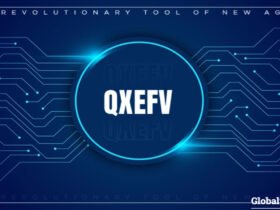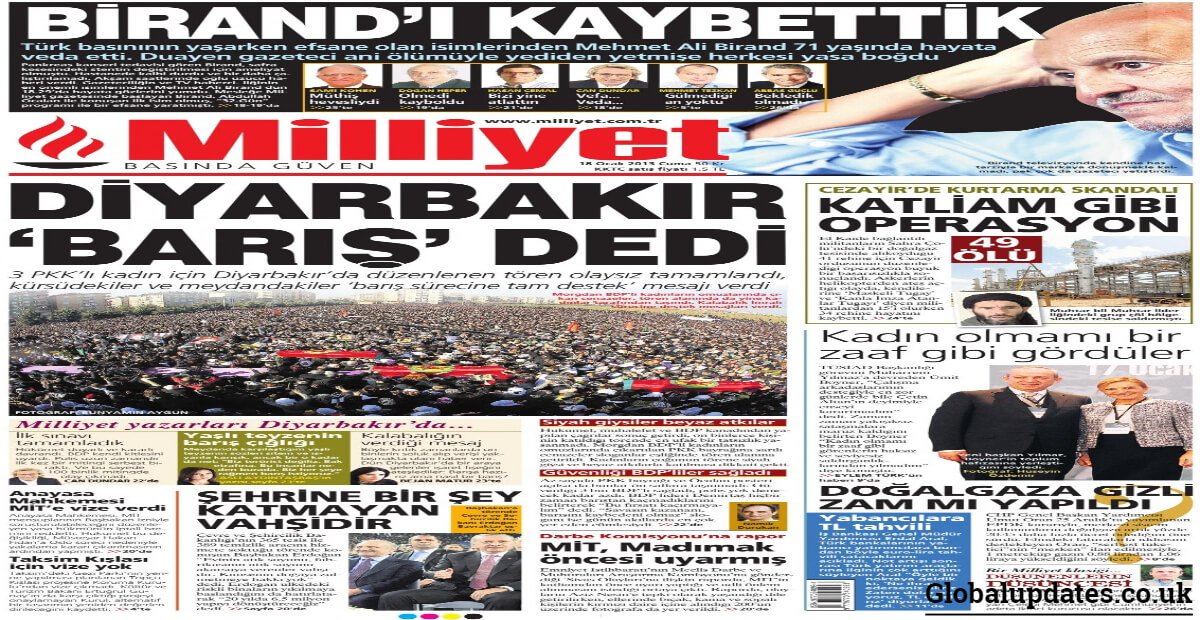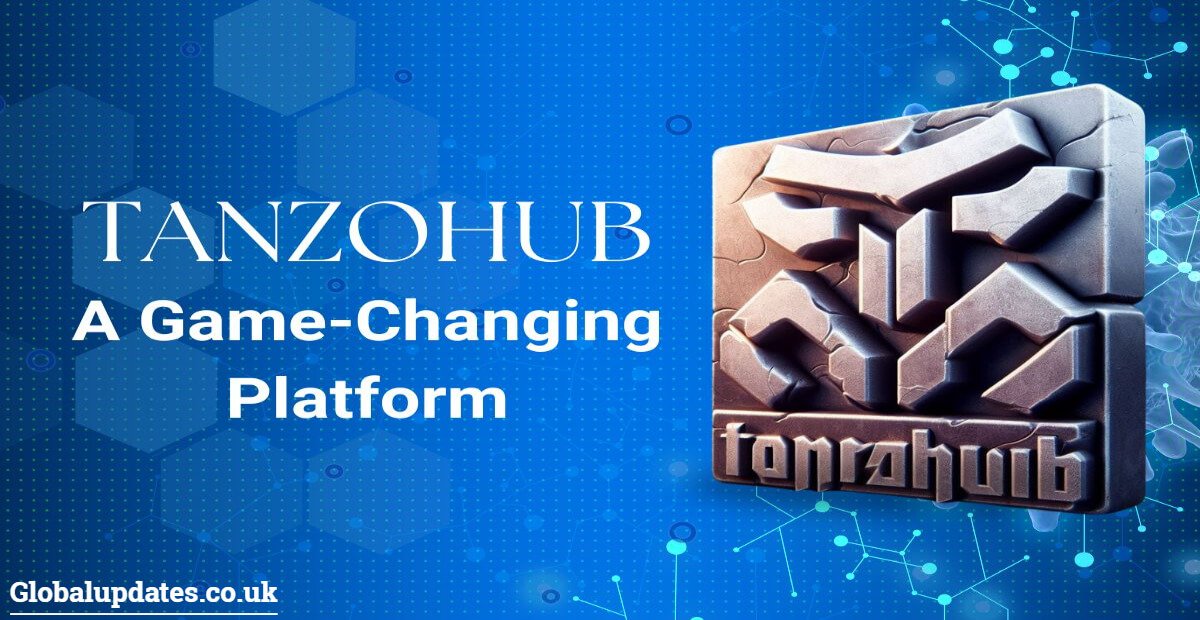Milliyet is more than just a newspaper; it’s a vital part of Turkey’s cultural and political fabric. Established in the early 20th century, Milliyet has witnessed the nation’s most significant transformations. From its humble beginnings to becoming one of the leading publications in Turkey, this iconic newspaper has played an influential role in shaping public opinion and discourse.
As we explore Milliyet’s journey through time, we’ll uncover not only its successes but also the controversies that have marked its path. The evolution from print to digital mirrors broader changes within Turkish society itself. Join us as we delve into how Milliyet continues to adapt while facing new challenges in today’s fast-paced media landscape. This exploration will reveal why Milliyet remains a cornerstone of journalism in Turkey and what lies ahead for this storied publication.
The Early Years: Founding and Growth
Milliyet was founded in 1950 by a visionary journalist named Abdi İpekçi. His mission was to create a newspaper that would present news with integrity and depth. From its very first issue, Milliyet aimed to capture the essence of Turkish society.
The publication quickly gained traction, appealing to readers across various demographics. Its straightforward reporting style resonated well during a time of political upheaval and social change in Turkey.
As the years passed, Milliyet expanded its reach and influence. It introduced innovative sections like sports and culture, catering to diverse interests within the community. This adaptability helped solidify its position as one of Turkey’s leading newspapers.
By embracing journalistic standards while reflecting national sentiments, Milliyet not only grew in readership but also became an essential voice for many Turks navigating their evolving landscape.
Political Influence and Controversies
Milliyet has long been at the center of political discourse in Turkey. Its editorial stance often reflects the prevailing winds of Turkish politics, making it both influential and controversial.
Throughout its history, Milliyet has faced accusations of bias. Different governments have scrutinized its coverage, claiming favoritism towards opposition parties or specific ideologies. This scrutiny intensified during turbulent periods in Turkish history.
Moreover, high-profile journalists associated with Milliyet have found themselves embroiled in legal battles over articles deemed politically sensitive. These incidents highlight the delicate balance between press freedom and governmental oversight.
The newspaper’s ability to navigate these challenges showcases its resilience but also raises questions about journalistic integrity under pressure. Readers are often left pondering where unbiased reporting begins and ends within such a charged environment.
Modernization and Digital Transformation
Milliyet has embraced modernization with remarkable agility. As technology evolved, so did the newspaper’s approach to news delivery and audience engagement.
The shift from print to digital was a pivotal moment. Milliyet launched its online platform, offering real-time updates and interactive content. This move not only broadened their reach but also allowed for immediate feedback from readers.
Mobile apps became essential tools in their strategy. Readers can now access news on-the-go, keeping them informed anytime and anywhere.
Social media integration has transformed how Milliyet interacts with its audience. Quick posts on platforms like Twitter and Instagram have created a dynamic space for discussion and sharing opinions.
Through these changes, Milliyet remains relevant in an ever-changing landscape, proving that adaptation is key to survival in modern journalism.
Impact on Turkish Society and Media Landscape
Milliyet has been a significant player in shaping Turkish society and its media landscape. Since its inception, it has provided citizens with critical insights into national affairs. This newspaper has often acted as a voice for the people during times of political unrest.
Through diverse coverage, Milliyet has fostered public debate on various issues ranging from politics to culture. It’s not just about news; it contributes to forming opinions and influencing cultural narratives.
Moreover, the paper’s investigative journalism sets standards for transparency in reporting. By exposing corruption and holding power accountable, Milliyet plays an essential role in promoting democracy.
As digital platforms rise, Milliyet adapts by embracing social media channels. This shift allows them to engage younger audiences effectively while maintaining their legacy within traditional print journalism. The evolution continues as they navigate new challenges and opportunities in today’s fast-paced information era.
Challenges Faced by Milliyet
Milliyet has navigated a tumultuous landscape in recent years. The rise of digital media has dramatically changed how news is consumed. As readers flock to online platforms, traditional print outlets have struggled to maintain relevance.
Financial constraints also pose significant challenges. Advertising revenue has declined, forcing many newspapers, including Milliyet, to rethink their business models. This shift often means cutting costs and reducing staff, which can impact the quality of reporting.
Political pressures further complicate matters. The Turkish government’s influence over media outlets creates an environment where editorial independence can be compromised. Journalists may face censorship or backlash for critical reporting.
Amidst these hurdles, Milliyet strives to adapt and innovate its approach to journalism in an ever-evolving market. Balancing tradition with modernity remains a pivotal challenge as it seeks to retain its legacy while appealing to new audiences.
Future of Milliyet and Turkish Media Industry
The future of Milliyet and the Turkish media industry is a complex tapestry woven with opportunities and challenges. As technology continues to evolve, Milliyet must adapt to stay relevant in an increasingly digital world. The rise of social media has dramatically shifted how news is consumed. Readers now expect real-time updates and engaging content at their fingertips.
Milliyet has already begun embracing these changes by enhancing its online presence and exploring multimedia journalism. However, maintaining journalistic integrity while competing for attention can be difficult. Trust in media sources remains crucial, especially as misinformation spreads like wildfire on digital platforms.
The newspaper faces stiff competition from various local and international news outlets that have also embraced digital transformation. This rivalry necessitates innovation in storytelling techniques and formats to capture readers’ interest effectively.
Moreover, political shifts within Turkey will continue influencing Milliyet’s editorial choices. Navigating this landscape requires a careful balance between upholding editorial independence while addressing national sentiments.
As we look forward, the role of established institutions like Milliyet becomes even more vital in shaping public discourse in Turkey. By adapting to technological advancements without compromising core values, it could continue being a significant player in the Turkish media scene for years to come.











































Leave a Reply